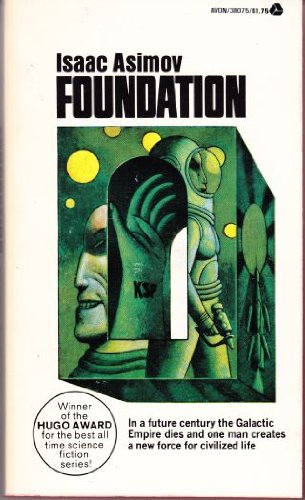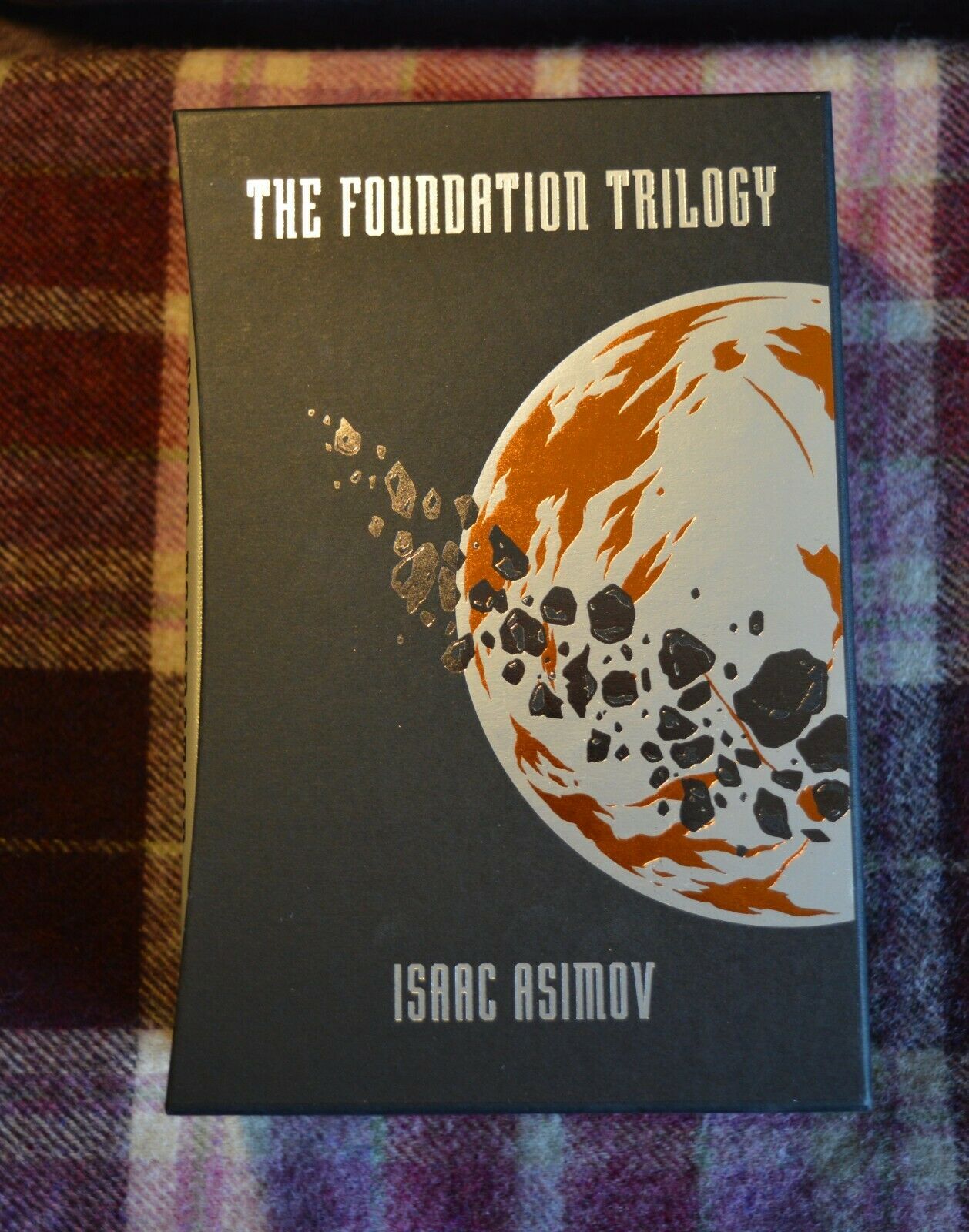

Then the plot takes a swerve, as the plan goes off course, only to be put back on track by the mysterious Second Foundation in the eponymous third novel.ĭescribed that way, the story can sound arid and didactic. For the first book and a half – Foundation and the first half of Foundation and Empire – all goes well. The novels follow the unfolding of that plan. One of Alex Wells' illustrations of the Folio Society edition of The Foundation by Isaac Asimov. The empire can't be saved, but the length of the coming dark age can be reduced to a mere millennium. But they also discover that a carefully designed nudge can change that path. Applying that science to the all-powerful Galactic Empire in which they live, they discover that it is in fact in terminal decline, and that a 30,000-year era of barbarism will follow its fall. In Foundation, we learn that a small group of mathematicians have developed "psychohistory", the aforementioned rigorous science of society. That conceit underlies the whole story arc. On the contrary, this familiarity, the way Asimov's invented societies recapitulate historical models, goes right along with his underlying conceit: the possibility of a rigorous, mathematical social science that understands society, can predict how it changes, and can be used to shape those changes. Let me be clear, however: in pointing out the familiarity of the various societies we see in Foundation, I'm not being critical. The Foundation itself seems to recapitulate a fair bit of American history, passing through Boss Tweed politics and Robber Baron-style plutocracy by the end of the trilogy it has evolved into something resembling mid 20th-century America – although Asimov makes it clear that this is by no means its final state.

Trantor, the empire's capital, comes across as a sort of hyper-version of Manhattan in the 1940s. Asimov's Galactic Empire sounds an awful lot like the Roman Empire. The Foundation novels are about society, not gadgets – and unlike, say, William Gibson's cyberpunk novels, which are excellent in a very different way, they're about societies that don't seem much affected by technological progress. But these are superficial details, playing a fairly minor part in the story. Yes, it's set in the future, there's interstellar travel, people shoot each other with blasters instead of pistols and so on. Maybe the first thing to say about Foundation is that it's not exactly science fiction – not really. By the way, spoilers follow, so stop reading if you want to encounter the whole thing fresh. The trilogy really is a unique masterpiece there has never been anything quite like it. So how do the Foundation novels look to me now that I have, as my immigrant grandmother used to say, grown to mature adultery? Better than ever.


 0 kommentar(er)
0 kommentar(er)
